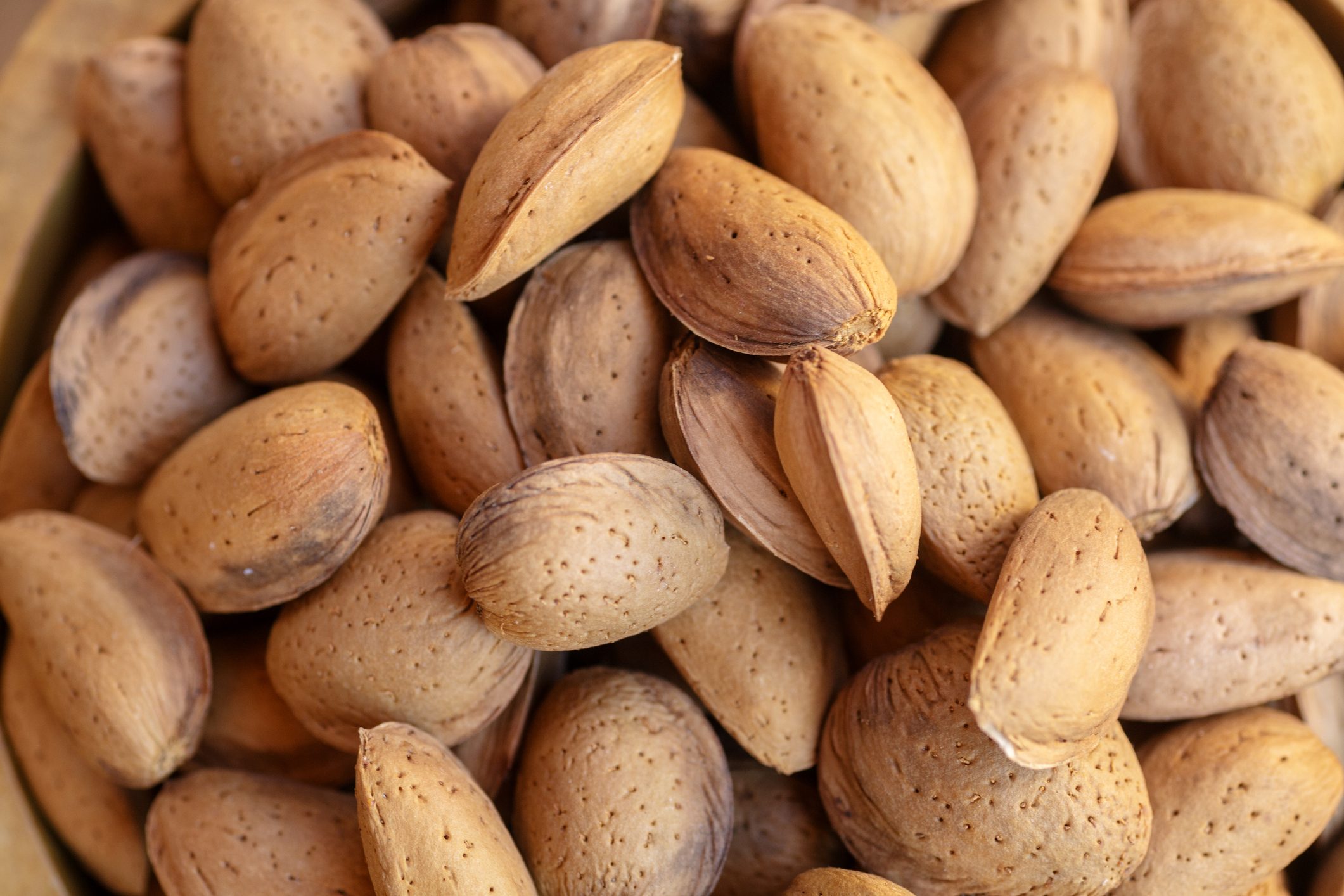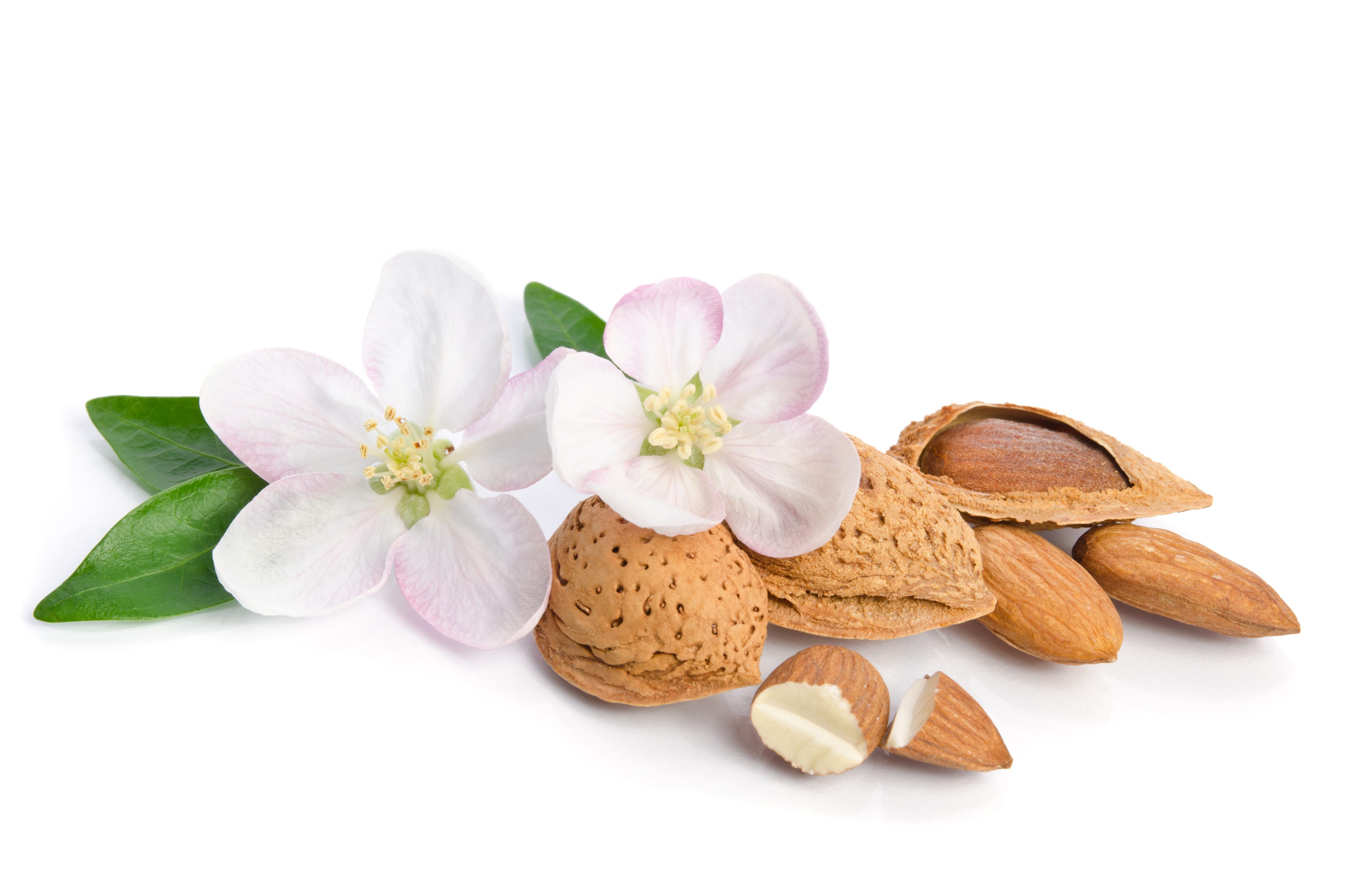Sweet almond oil: 5 benefits for the intestine
Sweet almond oil can be also used for our well-being and not only for the beauty of skin, hair and nails. It can be taken to protect and help the intestine and other things.
;Resize,width=742;)
Sweet almond oil can be also used for our well-being and not only for the beauty of skin, hair and nails. It can be taken to protect and help the intestine and other things.
Was sweet almond oil good for the skin? To nourish and elasticize tissues?
Really true, and if we know something about Yogic, Ayurvedic and Chinese culture we can understand how the skin is closely linked to the well-being of our large intestine.
Traditional Chinese medicine sees in the Metal movement the functional interrelationship between the energies of the lungs, the intestines and the skin, three organs of exchange between the inside and the outside of the organism, organs that perform a filtering action, that in an alchemical rite transform the heavy into thin and the thin into heavy.

So why not think that what is good for one of these three organs is energetically close to the other two?
This works for sweet almond oil. Our culture does not contemplate it among the oils for internal use, but if we verify its pure origin, and the processes without chemical additives, it can also be integrated into our diet, with the necessary precautions.
Properties of Sweet Almond oil for internal use

The Sweet Almond Oil is very thick, so you will need very little, but what properties does it have for the well-being of our intestines? It is rich in B vitamins and vitamin E, which – as we have already learned – are a panacea for our tissues.
Precisely the E complex is of particular importance: this vitamin consists of the group of tocopherols that perform a protective function, of the phospholipids, of the precursors of the steroid hormones, and of the vitamin F that is essential unsaturated fatty acids.
These four elements are the inseparable components of vitamin E. For a good action of this complex, in particular tocopherol, it is necessary the synergistic action of mineral salts also contained in sweet almond oil, such as magnesium, potassium , copper, zinc, phosphorus and calcium.
An oil so complete has a lubricating, nourishing and anti-inflammatory action on the internal tissues, just think of the stomach and intestinal loops subjected to the attack of digestive acids, intestinal bacteria, blocks of catabolites.
Being able to periodically integrate sweet almond oil to our diet means introjecting a very rich complex that soothes from the first airways to the final section of the intestine.
Sweet Almond Oil for Food Use

Cold-pressed sweet almond oil can be introduced into our diet. Rich in unsaturated fatty acids, monounsaturated and omega 3 it is recommended by many nutritionists, because it has good fats and counteracts cholesterol.
It can be used as seasoning oil, so as to replace the olive oil or as a supplement in pearls for a simpler introduction.
Sweet Almond Oil and Intestine

The emollient properties of sweet almond oil are well suited to the needs of our intestine, even the most healthy and well-functioning one.
1. It softens the feces;
2. It lubricates the intestinal loops;
3. It sanitizes the intestinal flora,
4. It cleans the most delicate parts such as the descending colon;
5. It prevents the formation of hemorrhoids and fissures.
How much do we have to take? You can use 1 to 3 tablespoons a day, without exceeding it because it could turn into a powerful laxative that is not really beneficial.

Since our intestine has its own memory it would be better not to use it continuously but only for short periods alternating it with other types of condiments or other types of supplements that are good for our intestinal regularity. Changing diet is always recommended and also its condiments and supplements that accompany our seasonal cycles.
;Resize,width=767;)
;Resize,width=712;)
;Resize,width=712;)
;Resize,width=712;)
